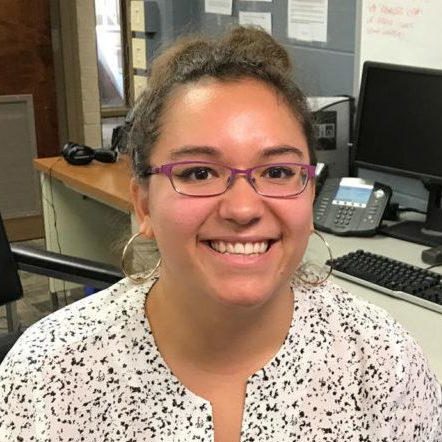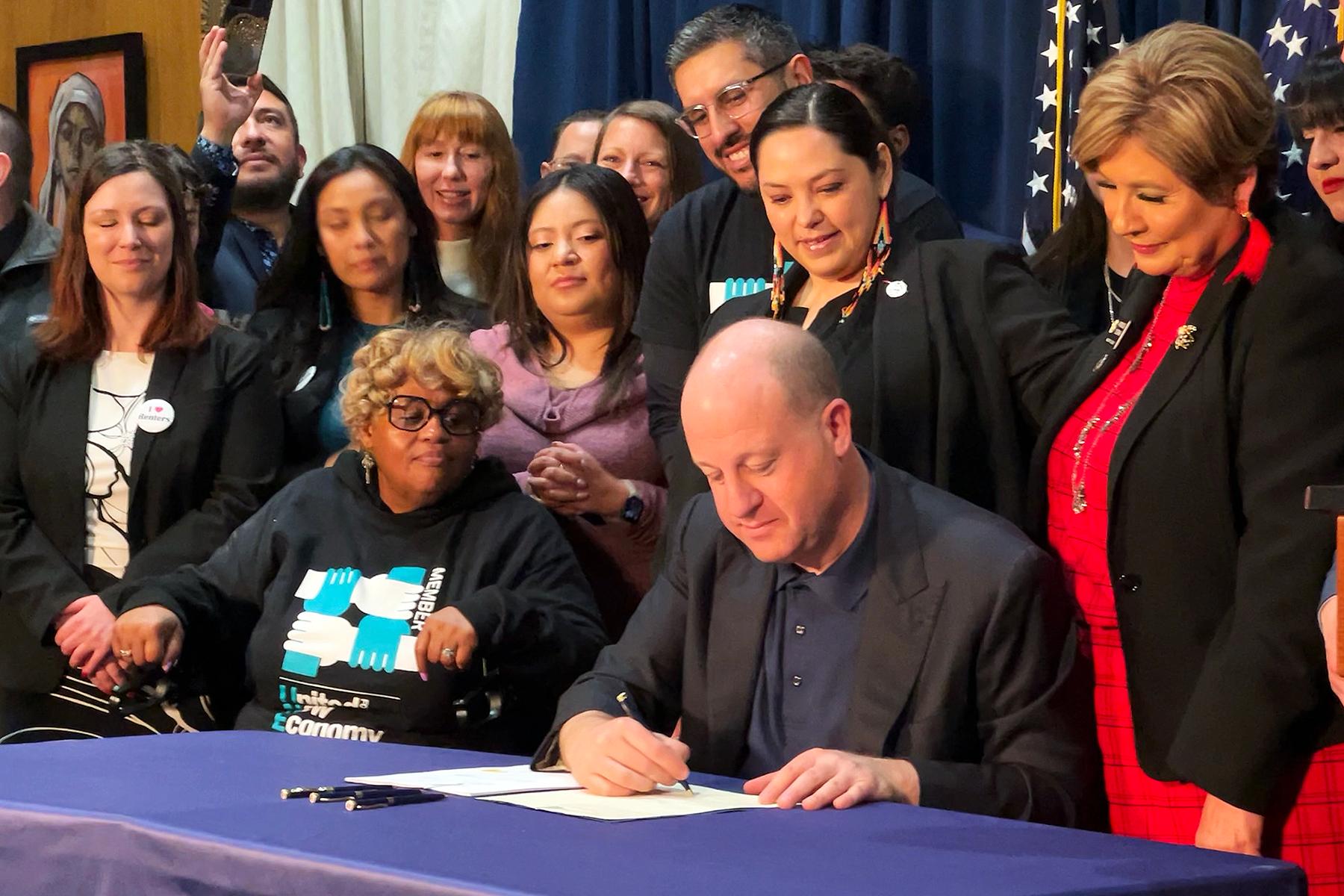The isolation shelter at the Colorado Springs City Auditorium for people experiencing homelessness and COVID-19 symptoms has seen around 30 people since opening April 5.
At this time, it's unknown if they were positive for the new coronavirus. Jennifer Mariano, director of homeless programs with Community Health Partnership, said the location recently received COVID-19 testing supplies, and will begin testing people this week.
The shelter has slowly seen increases, said Mariano, as they received referrals from hospitals, partner agencies and shared information with vulnerable people in the community. The shelter is now accepting walk-ups without a referral.
As the statewide stay-at-home order eases restrictions and community testing becomes more widely available, Mariano said she anticipates seeing more people using the location.
"There's a lot of variables at play, which I mean, it's not unique to us, but there's just so many what if questions out there," said Mariano. "How do we pivot and respond to that without completely fatiguing all the people that we're working with?"
Mariano said around 14 agencies partnered together to create the isolation shelter in a matter of weeks. Springs Rescue Mission was one such location. In addition to collaborating on the location, the organization also referred people showing COVID-19 symptoms. Travis Williams, the chief development officer for Springs Rescue Mission, said even if the shelter housed one person it would be worth it to stop the spread of the virus.
"You've got a population that does not have a home, they don't have a place to self-isolate," said Williams. "When you've got a large population in one spot, if somebody was symptomatic or was diagnosed, you could see how that could spread really rapidly. Many of the folks who are experiencing homelessness already are vulnerable with their health, so trying to take as many precautions to care for the most vulnerable in this community has made a lot of sense."
Williams said having the isolation shelter in place has kept the over 450 people on their campus safe from a potential outbreak.
Mariano said the shelter plans to stay open for at least 90 days, and collaborative agencies who created the shelter are in talks for what a second phase might look like once that time frame is completed.









